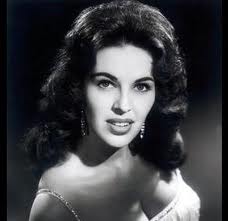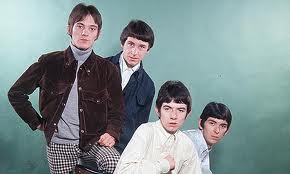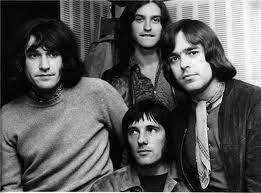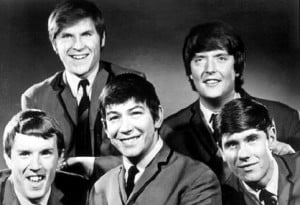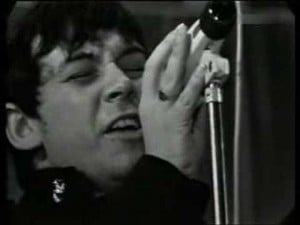Wilson Pickett’s voice epitomised soul. A voice honed in travelling gospel groups; a voice that would cultivate what became known as the Scream.
Wilson was born in rural Alabama, in March of 1941. He was the fourth of eleven children whose future was totally dependant upon the crop, cotton.
In 1955, Wilson Pickett moved to Detroit where he lived with his father. It was there that he met the group, The Falcons, which contained Eddie Floyd among its members. Eddie was to write and record “Knock On Wood”, in 1966, the same song that Amii Stewart was to take to the top of the charts, in 1979, at the height of the disco era.
The Falcons modelled itself upon Hank Ballard and The Midnighters. Hank Ballard was to pen and record “The Twist”, in 1959, which, in 1960, Chubby Checker covered, and, in doing so, launched an international dance sensation.
“You’re So Fine” and “I Found A Love” were hits for The Falcons but Wilson was already aiming to become a solo artist. This aim, he thought, would come to fruition when he was signed to Atlantic Records, however, things did not work out, and it was not until 1965 when he moved to Memphis, to record in the Stax studio, that his goal began to take shape. “In The Midnight Hour” and “634-5789 (Soulsville, U.S.A.)” were among the tracks recorded there.
That following year, Wilson began recording in the famed Muscle Shoals studios, in Alabama. “Land Of 1000 Dances” topped the soul charts and rose to No.6 on the pop charts.
http://youtu.be/Kk4Uwge4DzQ
Wilson Pickett became an inductee into the Rock And Roll Hall Of Fame, in 1991. His career received another boost from the film, ‘The Commitments’, in which he was viewed as the personification of soul. The film and its subsequent soundtrack introduced a new generation to songs such as “Mustang Sally”.
http://youtu.be/My2apquxKKQ
Wilson died from cardiac arrest in January of 2006, at the age of sixty-four.
The names of more recordings by Wilson Pickett can be found in the suggested playlists. While there, you may like to peruse the list of my favourite recordings. I shall be adding to it from time to time.
